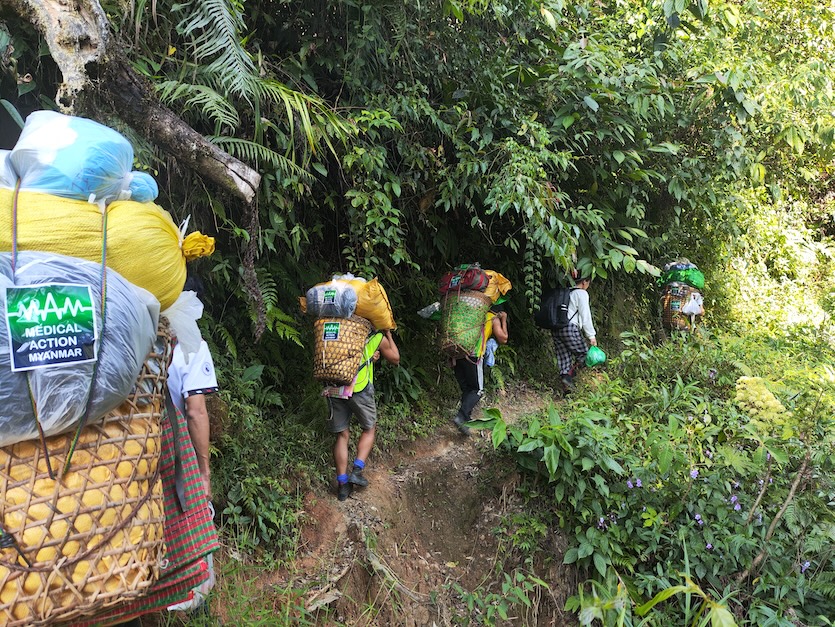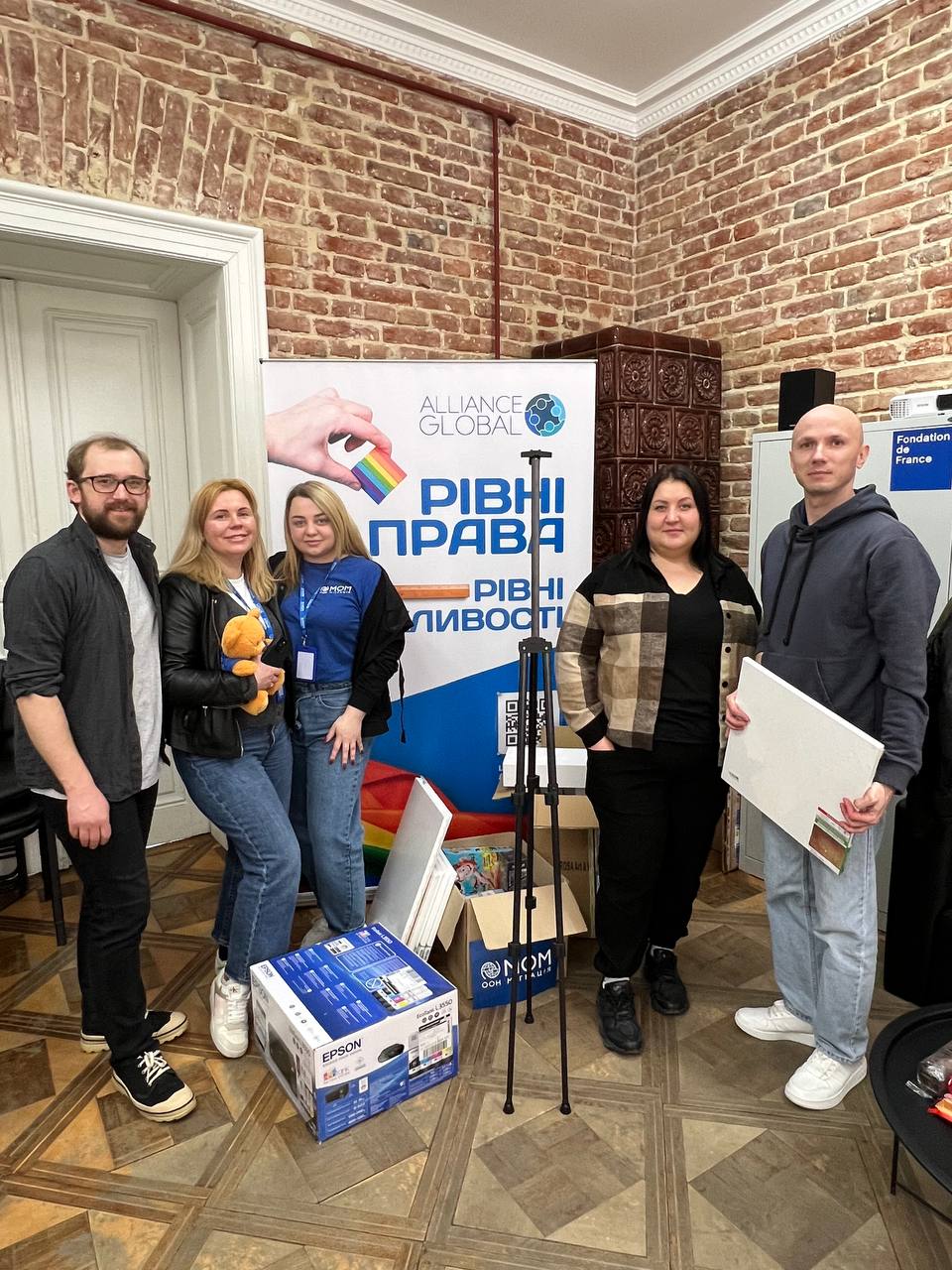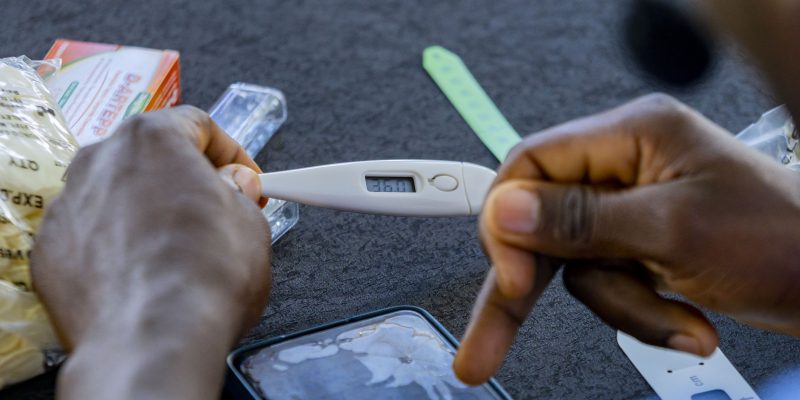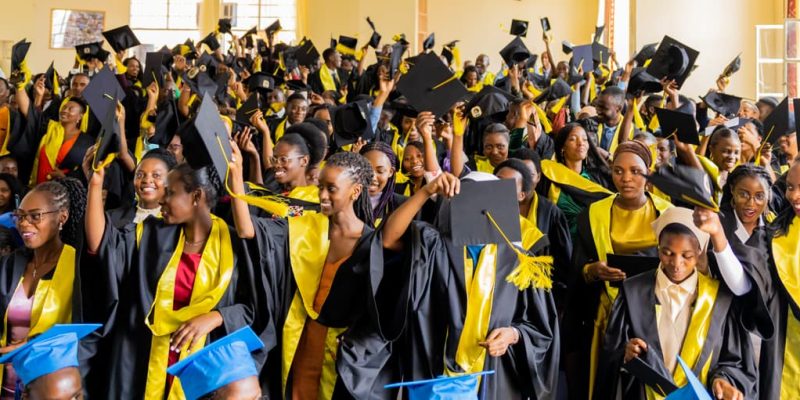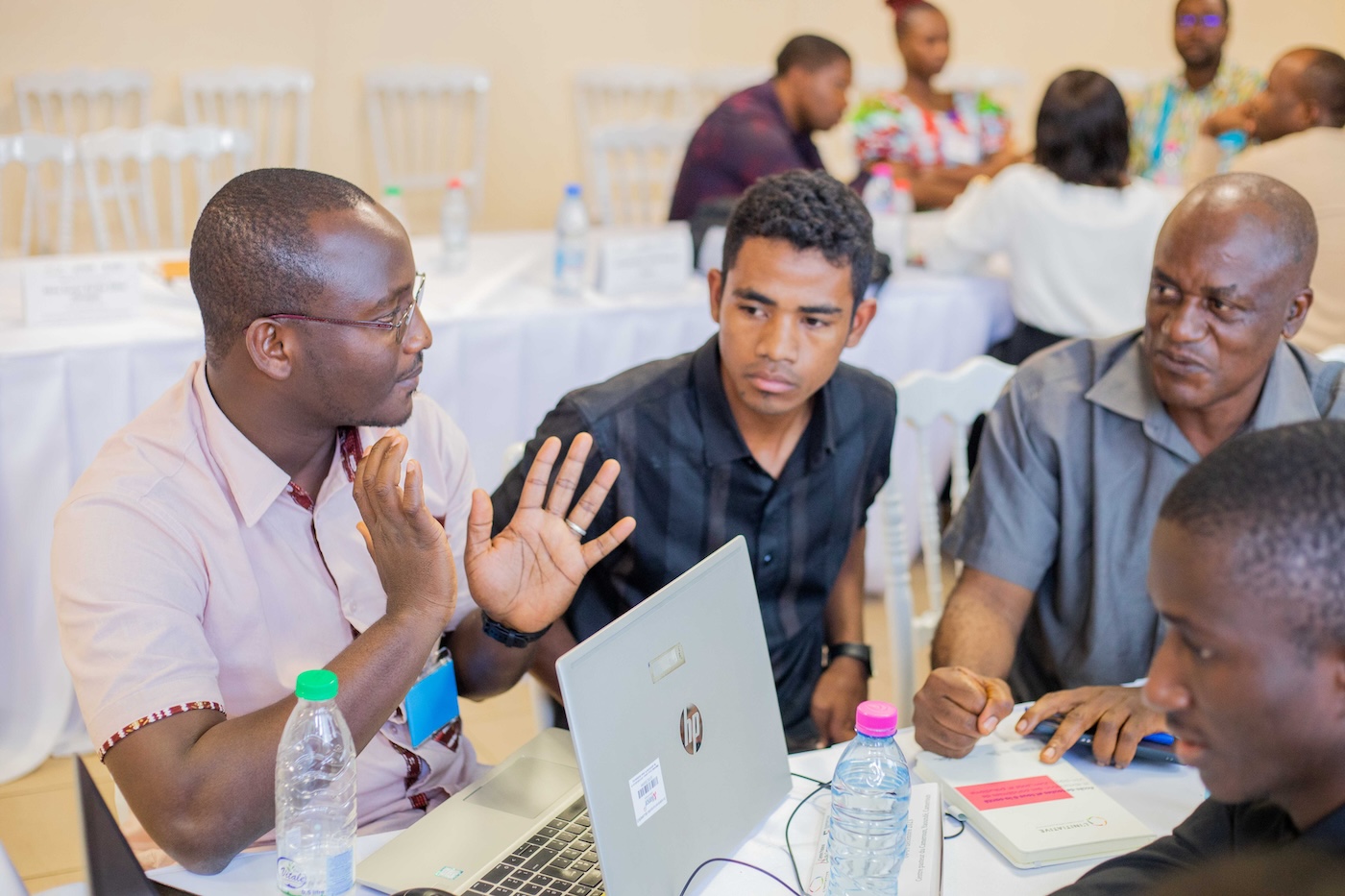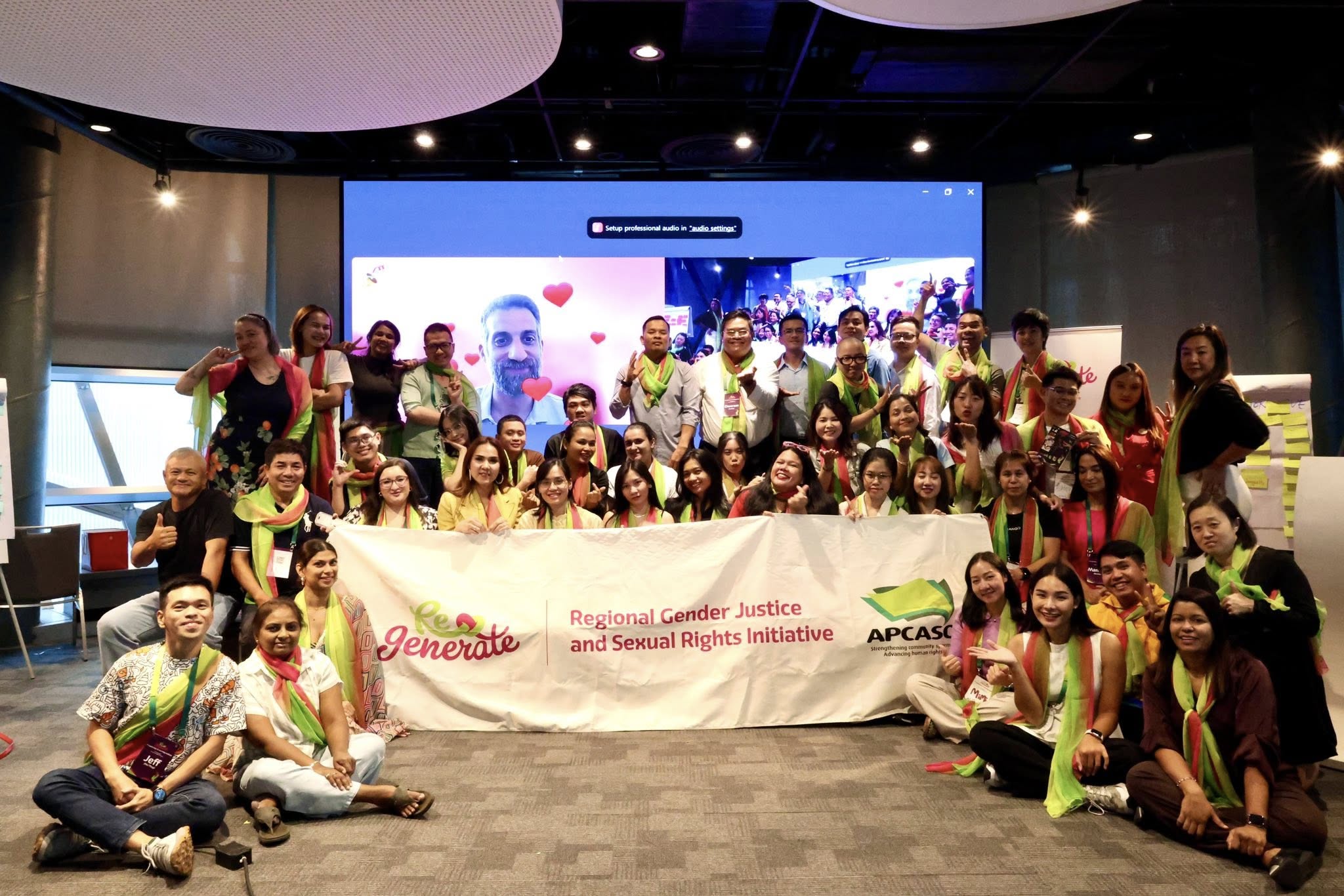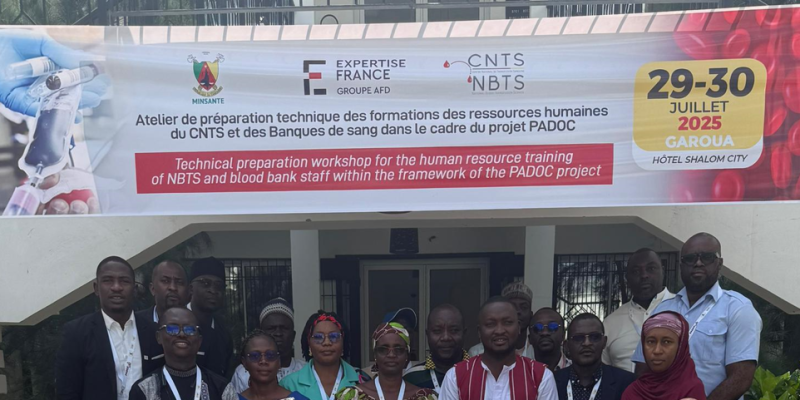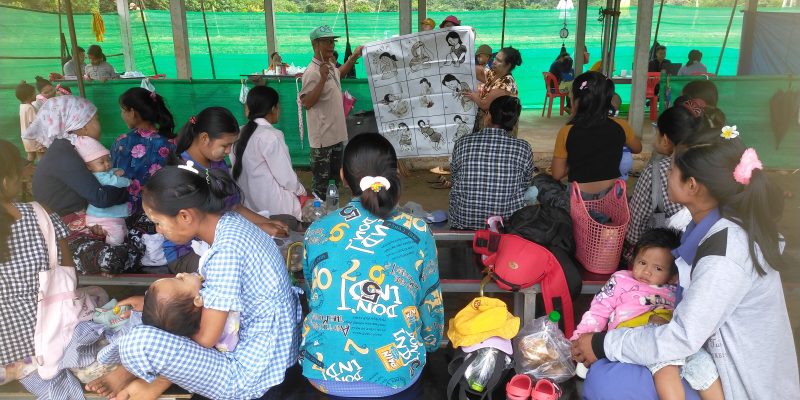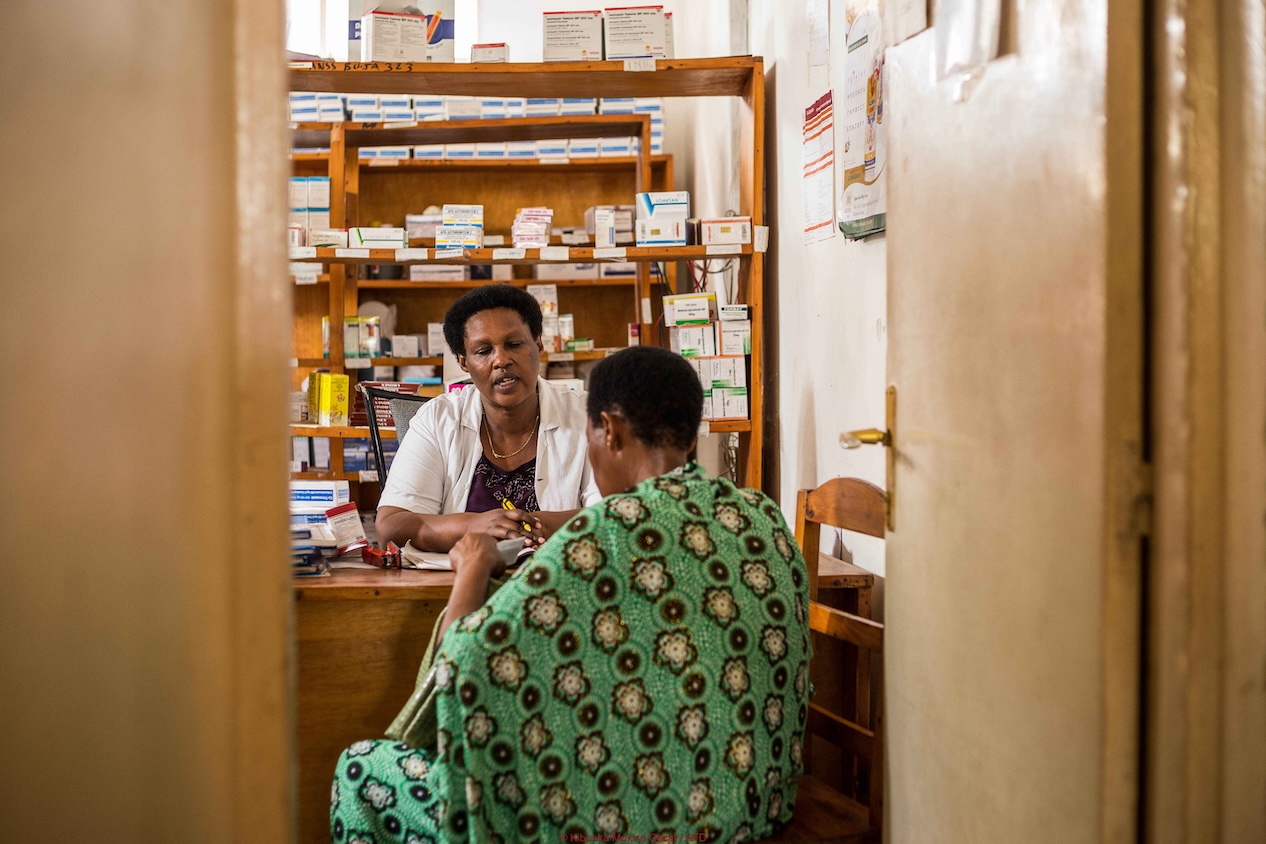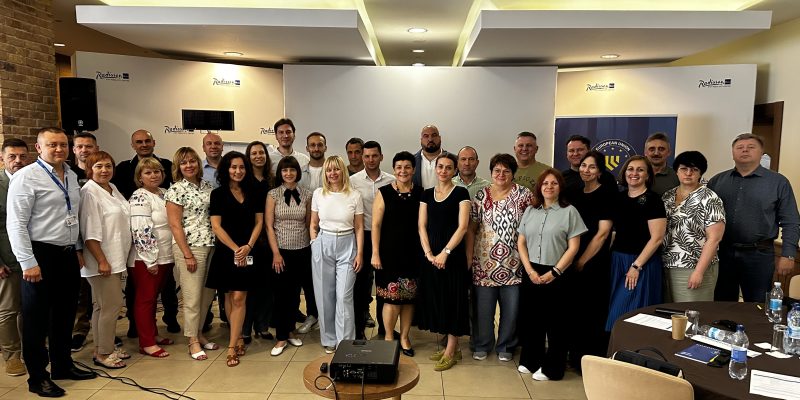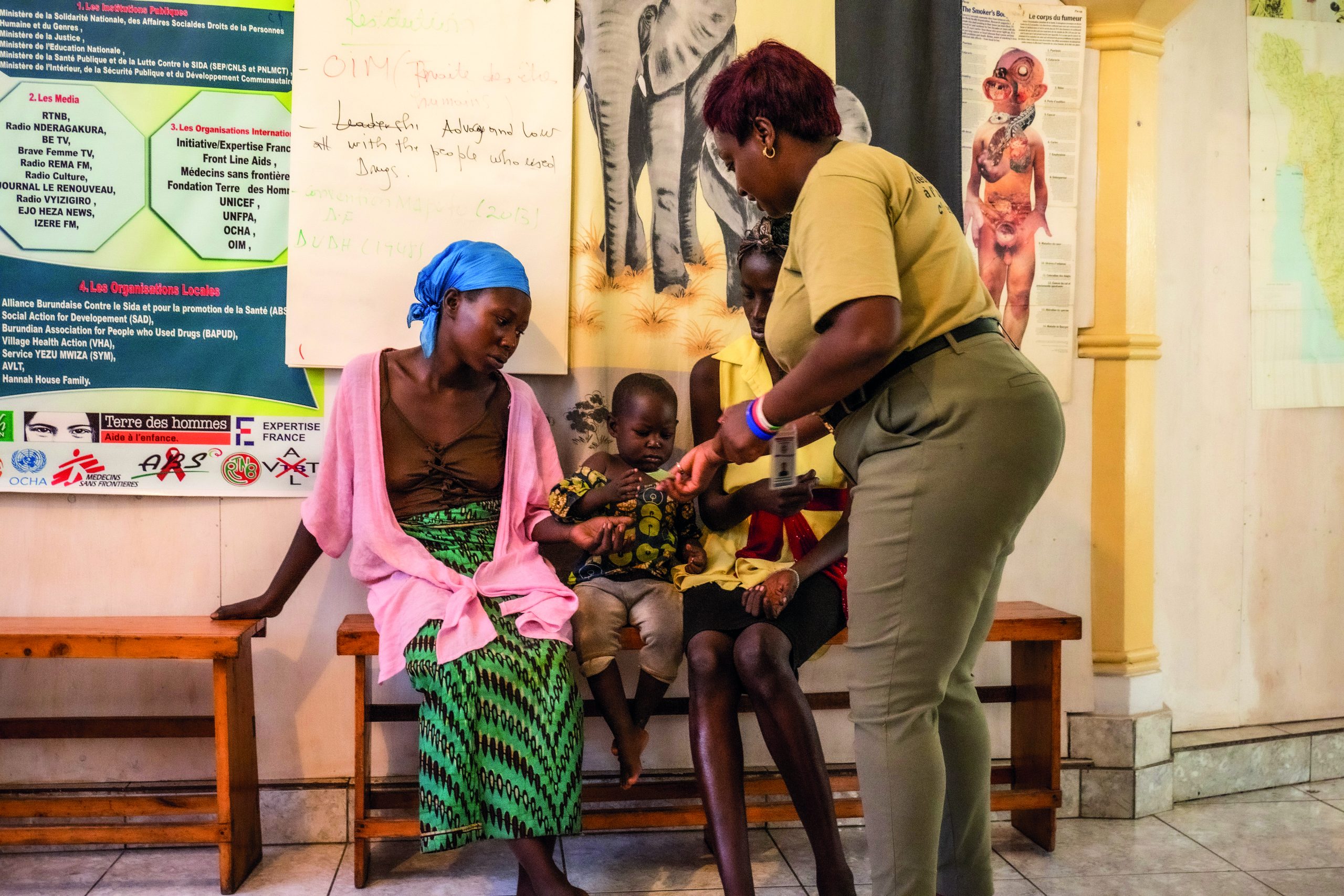The project enhances healthcare access for ethnic minorities in remote, rural areas of northern Myanmar through a sustainable, community-based model. It reduces the burden of TB, malaria, HIV, and other infectious diseases while facilitating referrals for severe cases, strengthening local health systems, and ensuring gender-sensitive primary care.
Context
Myanmar’s northern region is home to a diverse range of ethnic minorities, many of whom live in remote, mountainous areas with very limited healthcare access. These regions face significant poverty, inadequate public health investment, and challenging geographic conditions, which complicate residents’ ability to reach medical facilities. The political crisis has exacerbated these issues. Ethnic minority communities often face discrimination and language barriers, discouraging them from seeking medical care. As a result, diseases such as malaria, tuberculosis, and HIV remain uncontrolled, with delayed diagnoses driving high and rapidly increasing morbidity and mortality rates. Vulnerable groups—women, children, and the elderly—face additional challenges due to cultural and gender-based barriers. In the Putao area, injection drug use is alarmingly high, with approximately 20% of males aged 15–45 affected.
Description
To deliver integrated healthcare services to ethnic minorities in remote areas of northern Myanmar, the second phase of the project deploys health teams equipped with diagnostic tools for diseases detection, alongside emergency referral support, maternal, child, and reproductive healthcare. Trained village health workers (VHWs) provide primary care and HIV prevention services to people who inject drugs (PWIDs), within local communities helping to address the absence of formal health care providers. These VHWs are supported by a mobile health app and diagnostic tools for accurate diagnoses and timely treatment. Mobile medical teams will also conduct regular visits to areas inaccessible to traditional healthcare systems. The project collaborates with local organization ENDO to ensure culturally sensitive healthcare, with a focus on capacity building and long-term sustainability.
Impact
The project is expected to improve healthcare access for over 189,000 individuals in remote ethnic minority communities. It aims to deliver 765,400 medical consultations, facilitate 5,595 emergency referrals and provide HIV prevention and treatment services to 2,513 PWIDs and their partners. Additionally, 267 female and 178 male VHWs will be trained to provide integrated healthcare services.
